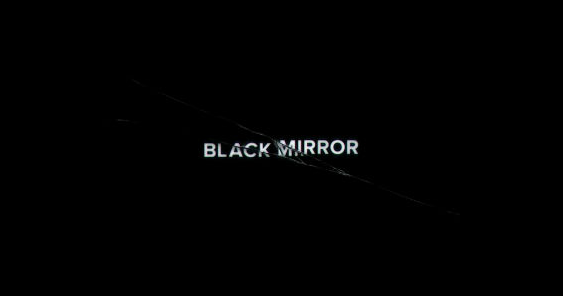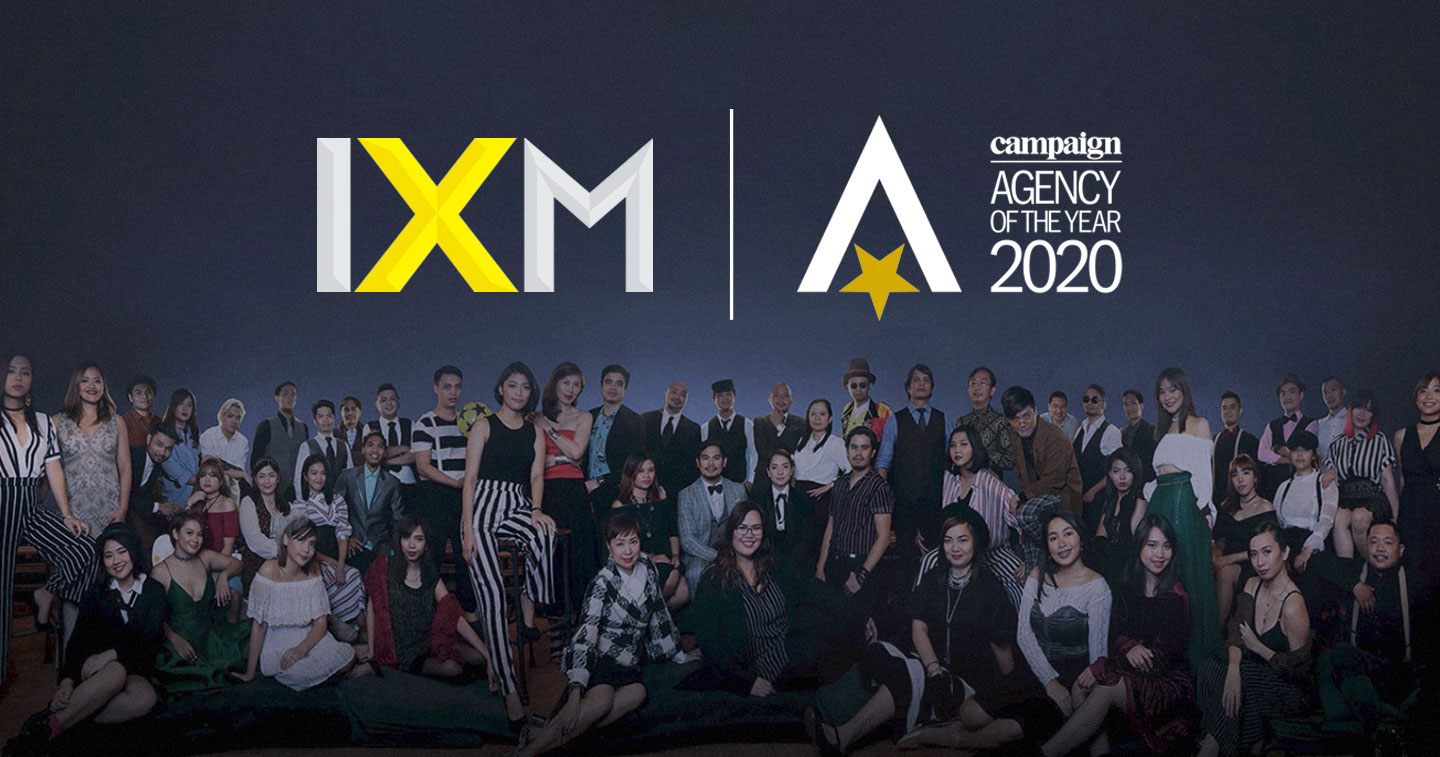(Written by our intern, Jo Mercado.)
The best way to introduce Black Mirror to a new audience is to label it as another rehash of The Twilight Zone with a modern twist. Which, granted, it is; both franchises limit their plot lines to one per episode, rely heavily on macabre themes, and criticize social behaviors unsparingly.
However, where The Twilight Zone cashed in on the political paranoia of the time, is an open criticism of our technological advances and those implications on social media. The show almost echoes the overplayed condemnation from the older generation Black Mirror towards our relationship with our iPhones. It’s a song well sung: we’re vapid, we’re sheep, and the government owns all the information that we think is private. Upon hearing this one would easily swipe left without a second thought.
So then why is Black Mirror so popular amongst millennials?
Masochism.
The very nature of masochism ensures that any of the pain experienced is completely self-inflicted. We submit ourselves to this type of humiliation because we are in control of the situation. As a generation that grew up with practically everything on-demand, nobody hates not being in control more than millennials. When criticism of tech-related behaviors comes from the older generation, millennials process it as more of a scolding because millennials grew up with tech as their culture.
So, to have a foreigner criticize a native is one of the biggest insults. We as millennials, however, are not unaware of out social ills. We are constantly mindful of how our behaviors enabled by social media can be destructive. Self-awareness, or being “woke,” almost becomes a trend for millennials. Black Mirror, because of its Millennial-oriented feeling, capitalizes on this bias to become that opportunity to self-flagellate safely. The show’s very nature, as an anthology show on Netflix, further perpetuates this idea of having control. Not only is the show on-demand, but since each hour-long episode is an individual story, ensuring that the punishment will eventually end.
The show also speculates a future where, although the reality is bleak, the technology we create enables us rather than controls us. Creator Charlie Brooke and his team give us the opportunity to play god in his stories, but this only leads to hubris. Even death itself can be tampered with, as seen in “BRB”, where the protagonist orders a virtual recreation of her dead lover to keep him ‘alive’. Here, Black Mirror turns from sci-fi to psychological thriller as we’re forced to watch this woman create her own suffering as she subscribes to this illusion. But, again, all of this is self-inflicted. Watching her in this situation creates a strange mix of voyeurism and vicarious living that the show adopts the same addictive feeling as pornography.
Black Mirror feels like a For-Us-By-Us show because it seamlessly adopts our social norms. Our consumer habits such as insipid reality TV, VR gaming, and kick starter phenomenon are prevalent in stories such as “Fifteen Million Merits”, “Playtest” and “BRB”, respectively. Black Mirror simply reflects (no pun intended) them as an augmented reality. Take “Nosedive”, which essentially does what Facebook and Twitter would never dare: Users are allowed to rate each other. Never mind professional achievement; in “Nosedive”, your social media popularity becomes your currency. The universe Black Mirror creates is all too familiar to the digital youth that the dystopian progression it takes is more of a cautionary tale than a condemnation.
Even at a visual level, Black Mirror caters to a millennial audience, as the retro-aesthetic becomes increasingly popular. “San Junipero” almost becomes a fan service to the retrosexuals as the look transitions every other second between the 70s, 80s, and 90s. Stepford Wife pastel look that nowadays is almost synonymous with blind consumerism. Contrasting this sticky-sweet visual to the underlying sinister reality of Black Mirror only adds to its artistry. Observing this self-disciplinary subscription to Black Mirror almost becomes a dystopian behavior of itself—the idea that audiences want to control what they can’t control is an almost unanswerable need.







